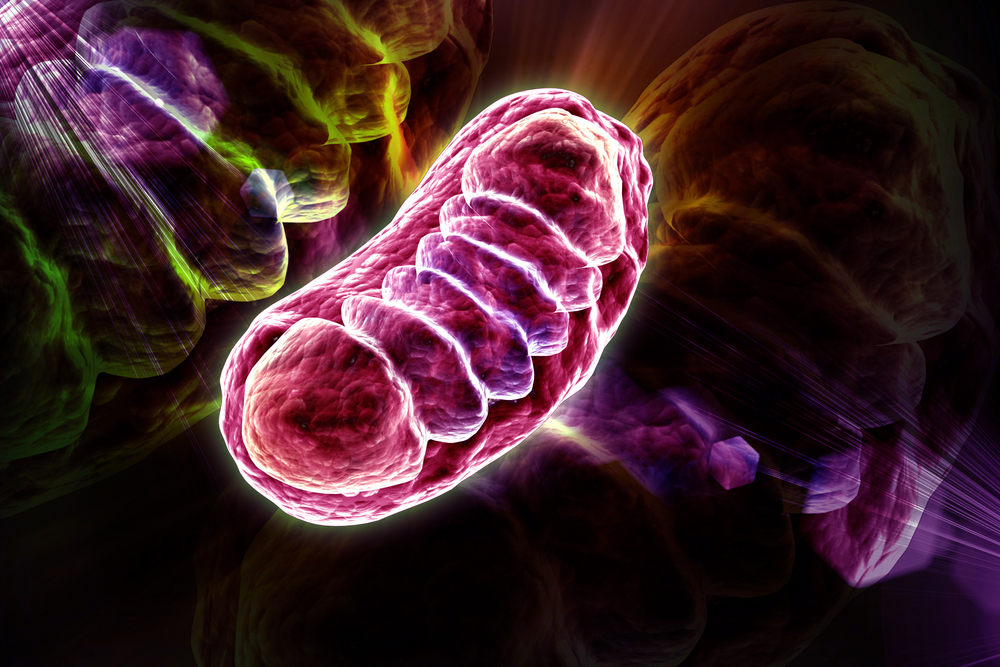Parkinson’s Disease-associated Gene Mutations Appear to Inhibit Key Neuronal Death Process

Genetic mutations associated with Parkinson’s disease appear to alter the processes of neuronal death, University College London (UCL) researchers suggest in a study titled “The Parkinson’s disease-linked proteins Fbxo7 and Parkin interact to mediate mitophagy,” published in Nature Neuroscience.
Neurons are dependent on the integrity of mitochondria, the energy powerhouses of cells, to provide them with the energy required to perform metabolic activities. As a result, mitochondria dysfunction is harmful, and the damaged organelles are usually eliminated by being consumed in a process called mitophagy — an important cleansing process where two genes, called PINK1 and Parkin, play crucial roles.
UCL researchers revealed that mutations in a Parkinson’s associated gene, Fbxo7, impairs the process of mitophagy by interfering with PINK1-Parkin mechanisms. This, in turn, leads to the accumulation of damaged mitochondria, contributing to the process of neuronal death. “These findings suggest that treatment strategies that target mitophagy might be developed to benefit patients with Parkinson’s disease in the future,” one of the lead authors, Dr. Helene Plun-Favreau, said in a news release.
Dr. Heike Laman from University of Cambridge, a study co-author, added, “This research focuses the attention of the Parkinson’s disease community on the importance of the proper maintenance of mitochondria for the health of neurons. We are really only at the very beginning of this work, but perhaps we can use this information to enable earlier diagnosis for Parkinson’s disease patients or design therapies aimed at supporting mitochondrial health.”
“What makes the study so robust is the confirmation of defective mitophagy in a number of different Parkinson’s models, including cells of patients who carry a mutation in the Fbxo7 gene,” Dr. Plun-Favreaum added.
“This study raises interesting questions about precisely how brain cells die in a Parkinson’s patient: the process which is key to understanding the disease’s progression. The more we understand about the basic molecular events which contribute to the onset and progression of Parkinson’s disease, the better placed we will be to develop treatments to stop it in its tracks,” concluded Professor Hugh Perry, chair of the Neurosciences and Mental Health Board at the Medical Research Council who part-funded the study.






